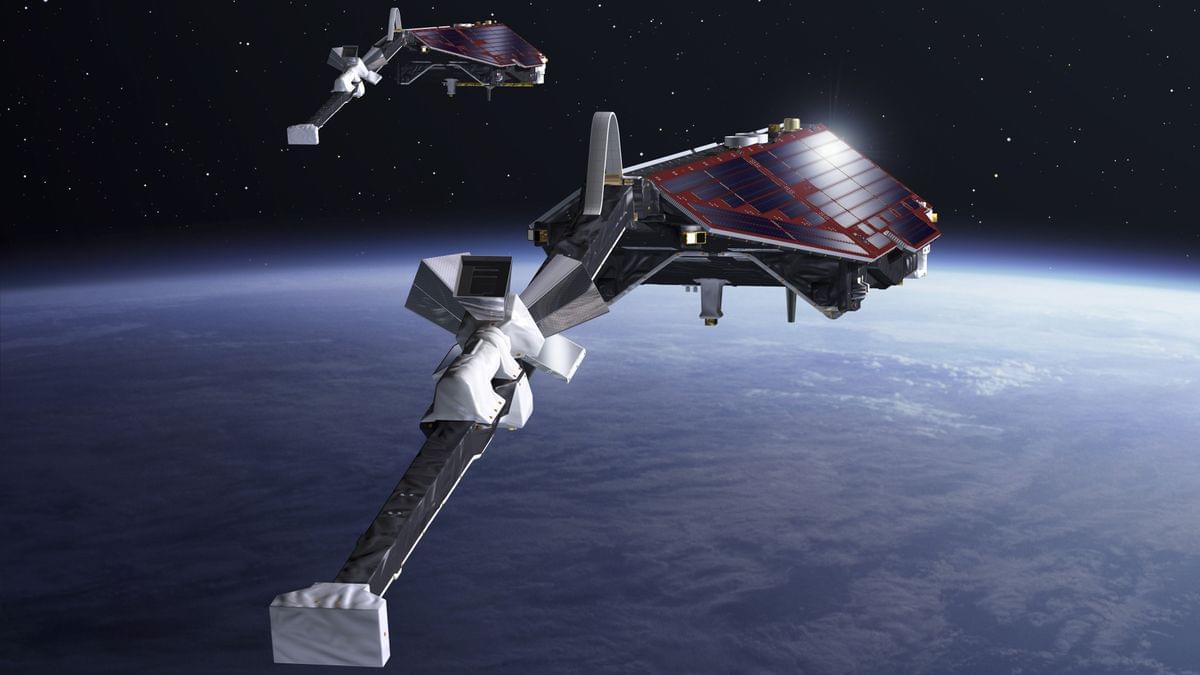“These are among the smallest signals detected by the Swarm mission so far,” Alexander Grayver, a geophysics researcher at the University of Cologne in Germany, said in the statement. “The data are particularly good because they were gathered during a period of solar minimum, when there was less noise due to space weather.”
The Swarm mission has already passed its expected end of life, but researchers hope the satellites will remain operational until the next solar minimum, which will come at around 2030.
The study was published in the journal Philosophical Transactions of the Royal Society A in December 2024.
